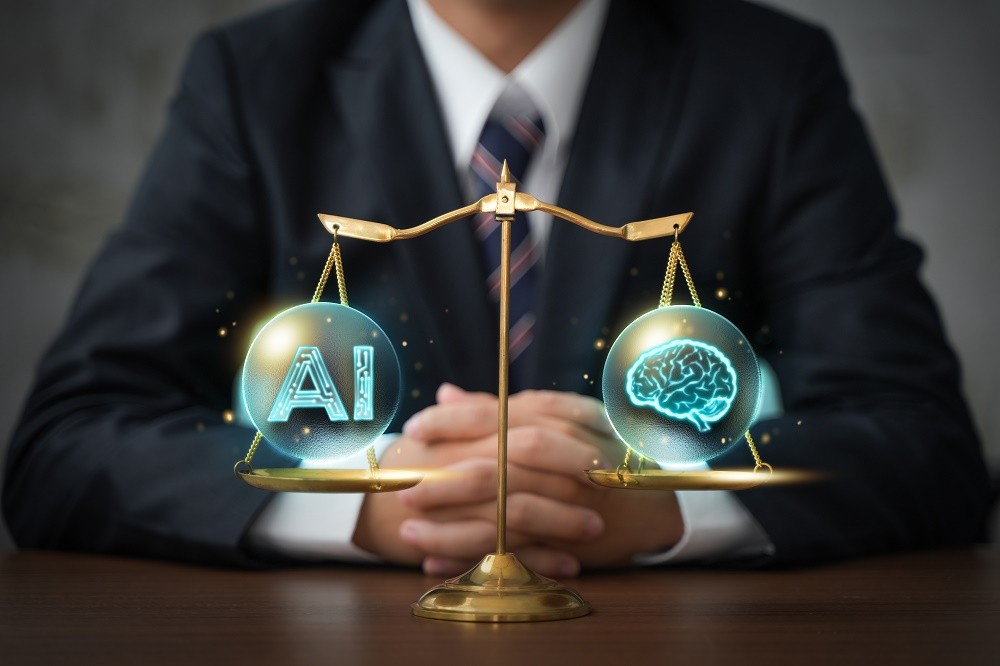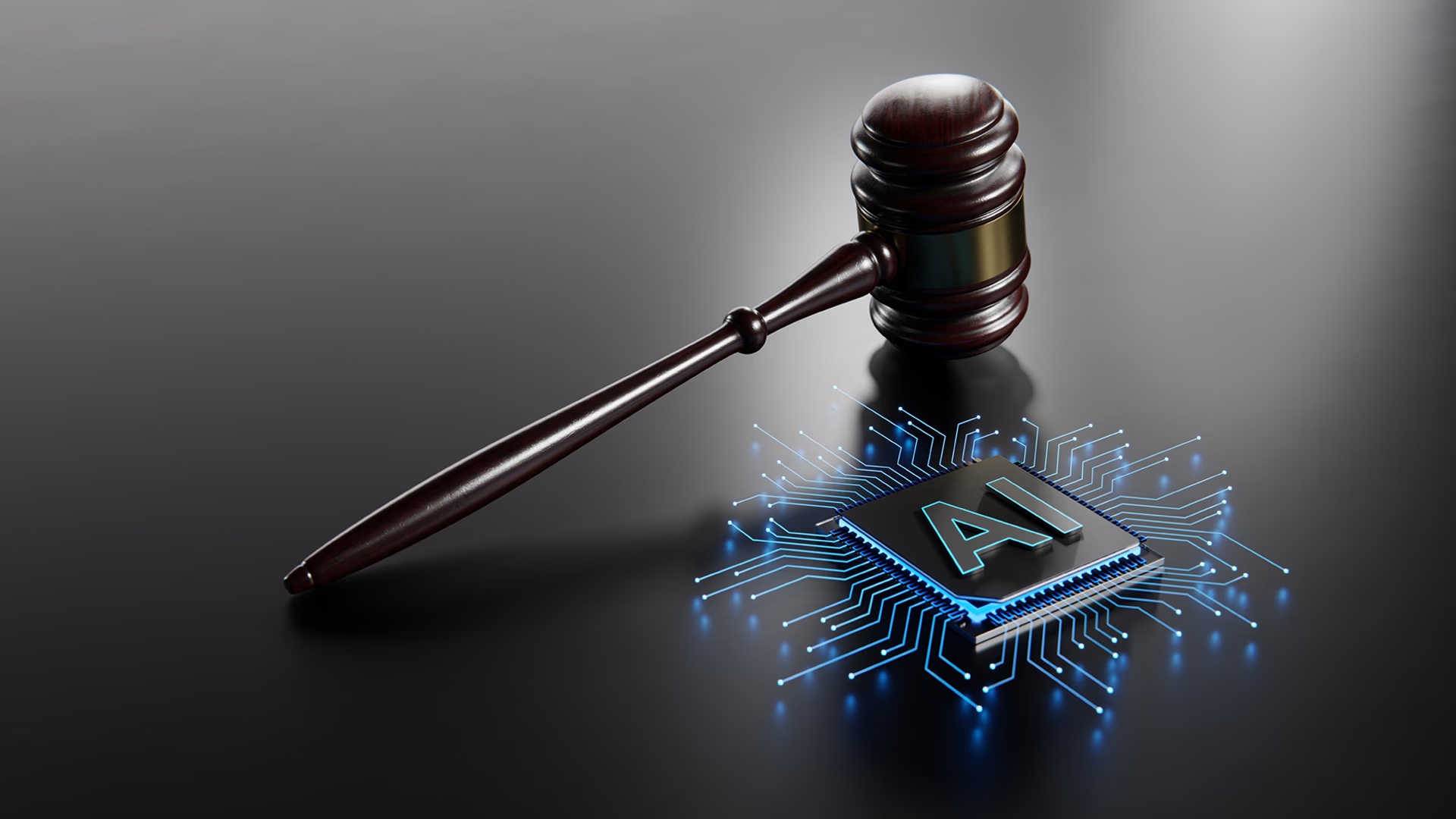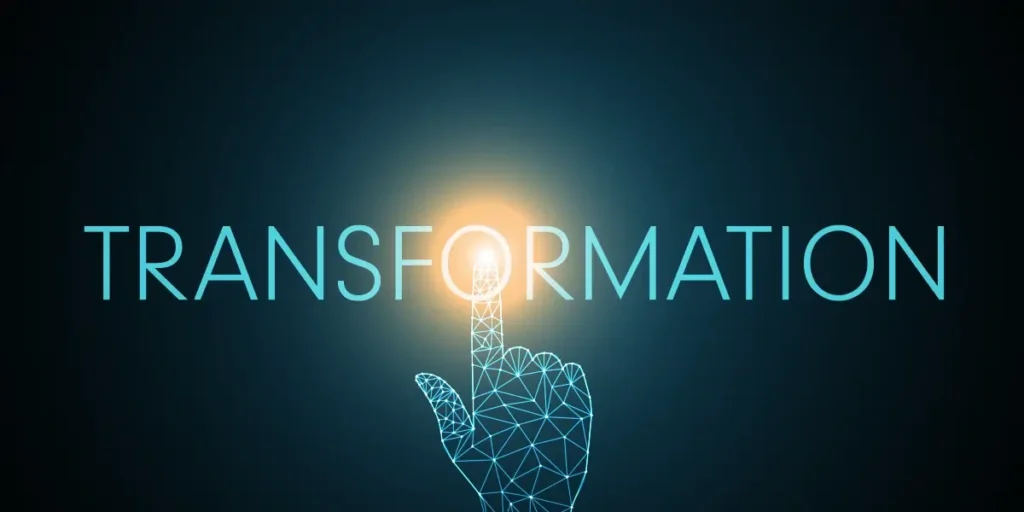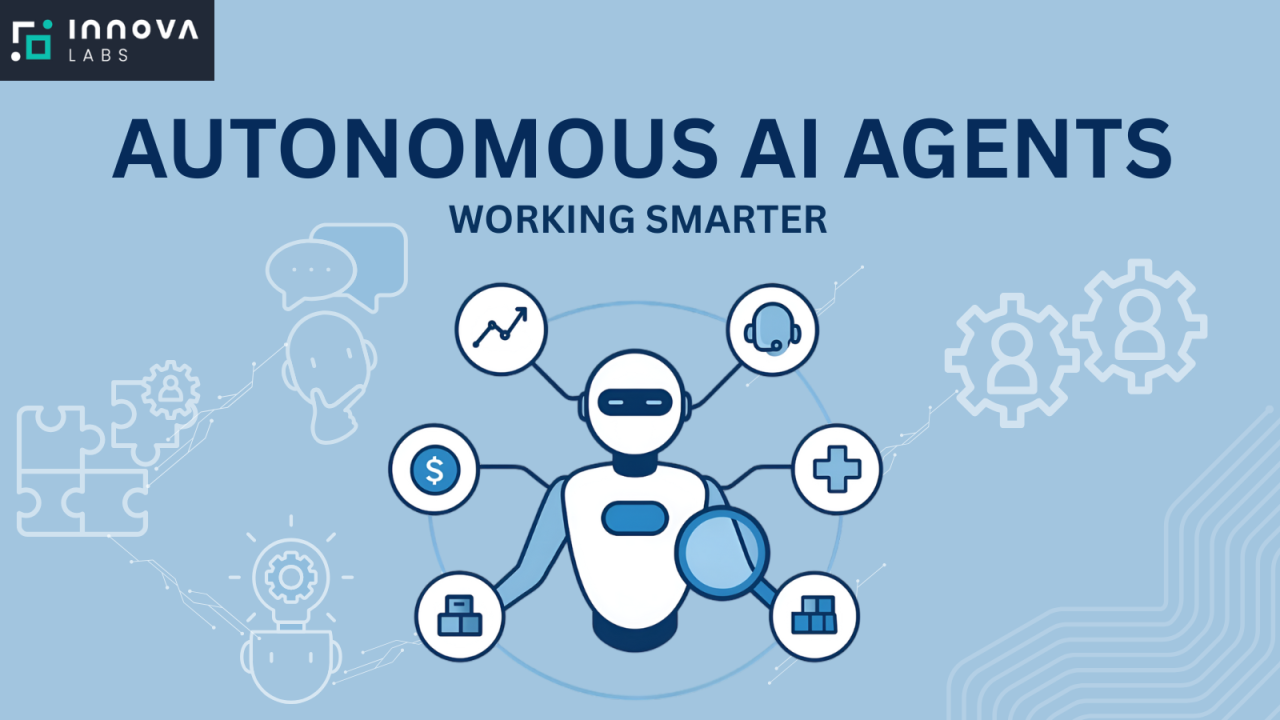AI in LegalTech: How Law Firms Are Using Generative AI
Introduction
The legal profession, long considered one of the most tradition-bound sectors, is now undergoing a transformative shift, thanks to the rise of Generative AI in LegalTech. In 2025, legal firms are rapidly adopting AI tools to streamline workflows, enhance client service, automate document drafting, and improve legal research efficiency. The goal is simple: reduce costs, eliminate repetitive tasks, and enable legal professionals to focus on strategic thinking.
In this article, we’ll explore how generative AI is revolutionizing the legal landscape, the key tools and platforms used, real-world use cases, benefits and challenges, and the future of AI in legal practice.
What is LegalTech?
LegalTech refers to the use of technology, especially software and automation tools, to deliver legal services. It includes platforms for:
-
Legal research
-
Case management
-
Contract review
-
Document automation
-
eDiscovery
-
Client communication
With the integration of Generative AI, LegalTech is no longer just about efficiency—it’s about intelligence.
How Generative AI Works in LegalTech
Generative AI refers to models like GPT-4, Claude, and Gemini, trained to generate human-like text and understand legal language patterns. These models can:
-
Draft contracts and legal documents
-
Summarize case law
-
Answer complex legal queries
-
Predict legal outcomes
-
Assist in legal discovery
By automating these time-consuming tasks, lawyers can redirect their efforts toward client engagement, litigation strategy, and higher-value analysis.
Key Use Cases of AI in Legal Firms (2025)
1. Legal Research Automation
AI tools like Casetext’s CoCounsel, Harvey AI, and Westlaw Precision help lawyers find case laws, precedents, and statutes in seconds.
Use Case:
A junior associate can input a query like “precedents for non-compete agreements in California” and get a curated list of relevant cases—summarized and cited—within minutes.
2. Contract Review and Drafting
AI can now draft NDAs, lease agreements, and M&A contracts from scratch or review them for legal compliance, ambiguities, or risks.
Tools:
-
Spellbook AI – AI legal assistant in Microsoft Word
-
LawGeex – Automated contract review
-
Robin AI – Edit and redline legal documents
Benefit:
Saves up to 80% of time spent on contract negotiation and revision.
3. Due Diligence in M&A Transactions
Mergers and acquisitions involve heavy documentation. AI reviews thousands of documents, extracts key clauses, identifies liabilities, and flags risks.
Use Case:
For a billion-dollar acquisition, AI can scan 10,000+ pages in hours, not weeks—cutting costs and human error.
4. Litigation Prediction and Strategy
Predictive analytics powered by AI helps firms assess the likely outcomes of cases based on historical data, judge behavior, jurisdictional trends, and opposing counsel records.
Example:
Tools like Premonition and Lex Machina provide data insights such as: “Judge X rules in favor of plaintiffs 76% of the time in IP disputes.”
5. Client Interaction & Legal Chatbots
Law firms are deploying AI-driven chatbots on their websites and internal systems to answer FAQs, schedule appointments, and perform preliminary client intake.
Tools Used:
-
DoNotPay – AI legal assistant for consumers
-
LawDroid – AI chatbot for legal professionals
6. E-Discovery
AI streamlines the discovery process by identifying relevant documents, tagging sensitive information, and redacting content.
Example:
AI can automatically detect attorney-client privileged communication from thousands of emails in a corporate litigation case.
Top AI Tools in LegalTech (2025)
| Tool Name | Primary Function | AI Capabilities |
|---|---|---|
| Harvey AI | General-purpose legal assistant | Drafting, summarizing, legal Q&A |
| Casetext CoCounsel | Legal research & analysis | Instant case law summaries |
| Spellbook | Contract drafting within MS Word | Suggests clauses, reviews text |
| DoNotPay | Consumer rights & legal chatbot | Drafts letters, appeals, small claims help |
| LawGeex | Enterprise contract review | Redlines, flags issues, suggests edits |
| Lex Machina | Litigation analytics | Judge behavior, win-rate prediction |
| Luminance | Document review for due diligence | AI-powered clause extraction |
Benefits of Using Generative AI in Legal Firms
✅ Speed & Efficiency
AI completes research, drafting, and analysis in minutes rather than hours or days.
✅ Cost Reduction
Law firms reduce billable hours on repetitive tasks, resulting in more competitive pricing for clients.
✅ Accuracy
AI systems trained on legal corpora reduce oversight, highlight inconsistencies, and suggest corrections.
✅ Competitive Edge
Firms using AI can deliver services faster, attract tech-savvy clients, and win more cases using data-driven insights.
✅ Enhanced Access to Justice
Chatbots and automated platforms allow individuals to receive legal help at a fraction of the traditional cost.
Challenges and Ethical Considerations
⚠️ Data Privacy
Legal data is highly sensitive. Firms must ensure AI tools comply with data protection regulations like GDPR and HIPAA.
⚠️ Bias in Training Data
AI trained on biased legal data may offer skewed predictions or discriminatory advice.
⚠️ Lack of Regulation
There’s currently no universal standard for deploying AI in law. Bar associations and lawmakers are racing to catch up.
⚠️ Over-reliance on Technology
Relying too much on AI may lead to complacency or misuse. AI should assist, not replace, human judgment.
The Future of AI in LegalTech
By 2030, we may see AI become a core partner in law firms’ digital infrastructure. This includes:
-
Virtual courtrooms with real-time AI transcription
-
Fully automated contract lifecycle management (CLM)
-
Voice-activated legal assistants for courtroom use
-
AI-driven legal education simulators
-
Cross-border AI arbitration tools
Top-tier law firms are already hiring Legal Prompt Engineers—specialists who craft precise AI instructions for legal tasks.
Case Study: Allen & Overy and Harvey AI
In 2023, global law firm Allen & Overy partnered with Harvey AI, integrating the tool across 3,500+ lawyers. By 2025, Harvey handles:
-
First drafts of memos
-
Contract clause suggestions
-
Regulatory compliance summaries
Result? The firm saved over 25,000 billable hours in a year and significantly increased client satisfaction.
Tips for Law Firms Adopting AI
-
Start Small: Use AI in non-critical areas first (e.g., chatbots, NDA drafting).
-
Train Your Team: Lawyers must understand prompt engineering and how to verify AI output.
-
Use Human Oversight: Always review AI-generated documents before sending to clients or court.
-
Ensure Security: Choose vendors with strong encryption and compliance protocols.
-
Monitor for Bias: Audit AI decisions regularly to avoid discriminatory outcomes.

6. AI for Intellectual Property (IP) Management
Intellectual Property (IP) law involves extensive documentation and research, especially when dealing with patents, copyrights, and trademarks. Generative AI can help with:
-
Patent drafting: By analyzing thousands of patents in a domain, AI can suggest prior art, language structures, and even draft claims.
-
Trademark search and risk analysis: AI tools like TrademarkNow use natural language processing to evaluate risks and perform comparative analysis of existing trademarks.
-
Contract licensing automation: IP contracts and license agreements can be generated, reviewed, and revised with AI-based templates, saving hours of paralegal work.
This level of automation enables IP lawyers to focus more on legal strategy and client interaction, while AI takes care of research and draft preparation.
7. Generative AI in Legal Chatbots and Virtual Assistants
AI-powered legal chatbots are growing rapidly in client-facing roles:
-
Initial intake and screening: AI bots can gather basic details about a client’s issue before the lawyer steps in.
-
24/7 legal FAQ assistants: Law firms now deploy AI bots to answer questions on family law, immigration, traffic violations, etc.
-
Automated follow-ups and reminders: These bots can handle scheduling, payment reminders, and case updates.
Example: DoNotPay, an AI-powered chatbot, gained popularity for helping users contest parking tickets and understand small claims court procedures.
8. AI for Legal Marketing and Content Generation
Law firms are also using generative AI to streamline digital marketing:
-
Blog posts and SEO-optimized content: Tools like Jasper and ChatGPT are used to generate legal blogs, client newsletters, or social media content.
-
Ad copywriting: AI can generate PPC ad copies for legal services with targeted keywords.
-
Client onboarding funnels: Generative AI can personalize landing pages or chatbot sequences based on user behavior.
AI helps even small legal firms maintain a robust online presence and reach more potential clients without requiring a full-time marketing team.
9. Generative AI for Litigation Analytics
Litigation involves high uncertainty. AI is now being used to predict litigation outcomes based on precedent and data patterns:
-
Jury behavior modeling
-
Opponent law firm strategy prediction
-
Judge’s ruling tendencies
-
Time and cost estimations for case resolution
Lex Machina and Premonition AI are examples of platforms that leverage litigation analytics to help lawyers prepare stronger cases and advise clients more accurately.
10. Automated Compliance and Regulatory Monitoring
Law firms in finance, healthcare, and corporate law are heavily burdened by compliance requirements. Generative AI helps:
-
Monitor and interpret changing regulations
-
Generate audit-ready compliance reports
-
Automate KYC (Know Your Customer) and AML (Anti-Money Laundering) documentation
This is especially beneficial for in-house legal departments in large corporations that need to stay on top of evolving global regulations.
11. Multilingual Document Translation
For international law firms, handling documents in multiple languages is a daily requirement. AI translation tools like DeepL, Google Translate (powered by AI), and custom-trained models can:
-
Translate contracts and case files with legal accuracy
-
Maintain legal terminology consistency
-
Support cross-border litigation and arbitration
Though human verification is still crucial, AI translation cuts costs and time dramatically.
12. Limitations and Ethical Considerations of Generative AI in LegalTech
Despite its strengths, generative AI in legal practice is not without challenges:
A. Accuracy Risks
Generative AI can hallucinate or fabricate information, which is dangerous in legal contexts. Misquoting laws or referencing nonexistent cases can lead to malpractice.
B. Bias and Fairness
AI models trained on biased datasets can perpetuate discriminatory patterns. For instance, if a model learns from past judgments that disproportionately penalize a certain group, it may reinforce such bias.
C. Client Confidentiality and Data Privacy
Uploading sensitive client data into third-party AI tools may pose confidentiality issues. Firms must ensure that AI systems comply with data protection laws like GDPR or HIPAA.
D. Regulatory Hurdles
Many legal jurisdictions have strict rules around who can offer legal advice. AI-generated suggestions might inadvertently cross legal practice boundaries.
13. Training Custom Legal AI Models
Some law firms are investing in developing custom-trained GPT models that are tailored to their areas of practice. For example:
-
A family law firm might train a GPT model on thousands of custody agreements, judgments, and client communications.
-
A corporate legal team may fine-tune a model to analyze financial clauses and M&A contracts.
This leads to higher-quality outputs, better reliability, and firm-specific advantages over generic AI tools.
14. Future Trends of Generative AI in Law
-
AI judges and automated dispute resolution: Especially for small claims and traffic violations.
-
Real-time courtroom assistance tools: AI summarizers and transcript generators during live proceedings.
-
Predictive client analytics: AI that identifies potential clients based on behavior or legal risk patterns in businesses.
-
Augmented Reality (AR) and AI for courtroom presentations: Making complex evidence more understandable for juries.
Conclusion
AI and especially generative AI have carved a crucial niche in the legal industry. From drafting and reviewing documents to litigation analytics and compliance, AI is redefining how law firms operate. While it brings significant efficiency and scalability, it also demands caution regarding ethics, bias, and accuracy.
Firms that combine legal expertise with responsible AI adoption will be well-positioned for growth and innovation in 2025 and beyond.
Generative AI in LegalTech is not science fiction—it’s reality. In 2025, law firms leveraging tools like Harvey AI, CoCounsel, and Spellbook are gaining speed, accuracy, and profitability, while improving service quality and accessibility. While challenges remain—like regulation, bias, and data privacy—one thing is clear: the future of law is not just human. It’s human + AI.
❓ FAQs
Q1: What is LegalTech?
A: LegalTech is the use of technology to streamline legal processes, including research, drafting, discovery, and client interaction.
Q2: Can AI replace lawyers in 2025?
A: No, AI assists lawyers by automating tasks, but strategic thinking, ethics, and courtroom advocacy still require human judgment.
Q3: Are AI tools legally compliant?
A: Reputable platforms like Harvey AI and Casetext comply with data privacy laws, but due diligence is essential when selecting vendors.
Q4: How secure are AI legal tools?
A: Leading tools use encryption and secure cloud platforms. Firms must ensure vendor compliance with legal data security standards.




